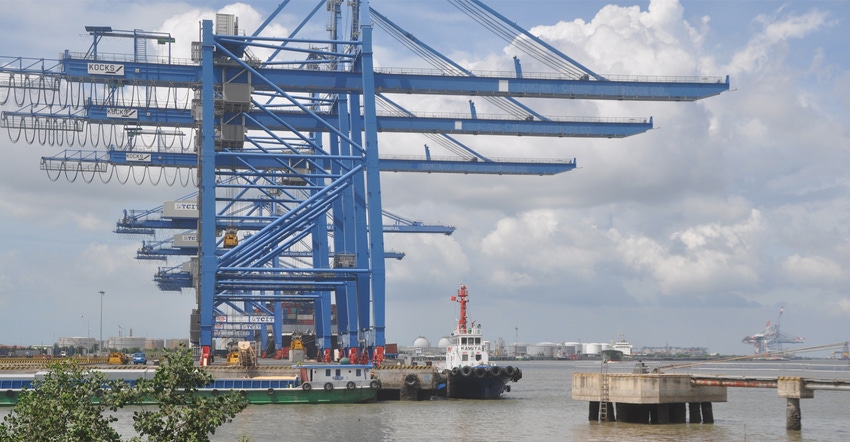December 7, 2020

RCEP: Asia-Pacific countries form world largest trading bloc
This headline, published online on bbc.com Nov. 16 of this year, has become the greatest globally significant announcement since the U.S. presidential election of 2020.
Why? National leaders like ours come and go, and policies often change, depending on the direction a democratically governed nation decides to go. But this is significant because it signals what will likely take place in the future — not only in the near term, but also 20 to 50 years from now, and perhaps beyond the current century. Will this new trading bloc impact our fortunes here in the United States? Yes. Absolutely.
With negotiations begun in 2012, the RCEP, aka theRegional Comprehensive Economic Partnership comprises 15 countries and encompasses nearly a third of the global economy. And the notable thing about it is the United States of America, currently a top global economic and military power, is not included as a member.
Ten Southeast Asian countries, plus South Korea, China, Japan, Australia and New Zealand, round out the list — with a seat set aside for India, should it later decide to join. Tariff rate reductions are scheduled over 20 years, and will not go lower than the CPTPP (Comprehensive and Progressive Agreement for Trans-Pacific Partnership) rates, yet will be a significant reduction over current rates.
That said, Canada is not a member, nor are Russia or countries in South America or Europe, which indicates a significant paradigm shift within the world’s top economies; two countries, China and later, India, are now in the running to become dominant economic powers.
With this in mind, imagine how this trading bloc will determine who will rise to prominence, or who will suffer if they find themselves at a disadvantage or on the outside, looking in.
Hindsight is always 20/20 when looking from a distance as well as after the fact, when one can better determine whether or not a decision was beneficial. A case in point: President Trump’s decision to withdraw from the Trans-Pacific Partnership, which later reorganized into the CPTPP, which continued without our participation.
Rather than encircling China to mitigate its dominance in the marketplace by inclusion within the TPP agreement, we will now trade with these nations at a competitive disadvantage moving forward. Plus, China has created its own partnership with these same nations, and they are virtually able to have major influence in the outcome.
Though we have completed unilateral beneficial agreements with Japan and South Korea, future export potential may significantly change due to conflicting priorities, and therefore is less likely to improve our outcome. These countries are also members of both trading blocs, with terms unique to each group. Hence, their flexibility in liberalizing trade with us could be problematic.
Even so, we have had limited success in securing unilateral trade agreements with the remaining nations which makes up the CPTPP trade bloc. Plus, our trade agreement with China appears to be in doubt, as its leaders have signaled their intentions to renegotiate the terms of the agreement.
So, where do we go from here?
Canada, our most important trading partner in North America, is a member of the CPTPP. As competitors in agricultural export markets outside of North America, American agriculture will clearly be negatively affected by our exclusion.
We cannot afford to remain at a competitive disadvantage; hence, it is imperative that our trade experts should begin discussions requesting readmission to the CPTPP. Admission must be sooner rather than later.
And lastly, we must end this costly trade war and restore damaged relationships with our allies and trading partners. There are better ways negotiators, commodity groups, legislators and others can work together to engage in reform to secure a better economic future for this country.
Let’s get to work together, today, right now.
Penner is a Marion County farmer and past president of the National Association of Wheat Growers. His email is [email protected].
About the Author(s)
You May Also Like




